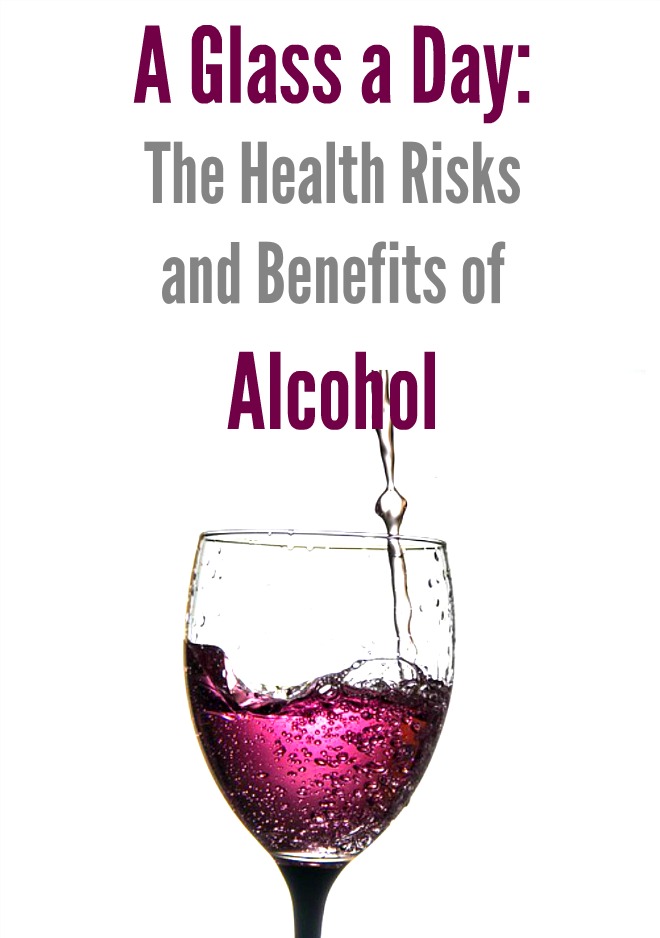The Health Benefits, and Risks, of Alcohol
A great deal of late research has highlighted the potentially beneficial effects on the heart and different parts of the body of drinking wine and other alcoholic beverages. In any case, dangers to health exist, too, as well as the more well-known and potentially life-threatening impacts of alcohol, including drunken driving and addiction.
The Health Benefits of Alcohol
Alcohol utilization in moderation has been linked to a host of good results. Studies have suggested that drinking alcohol, wine specifically, may reduce your risk for heart disease, stroke, gallstone development, type 2 dementia and diabetes. It may also give your digestion system a slight boost.
“Alcohol, particularly red wine, has resveratrol and cancer prevention agents and bioflavonoids and polyphenols, and all of these superb things that dilate the arteries and reduce inflammation,” said Dr. Suzanne Steinbaum, chief of ladies and heart disease at Lenox Hill Hospital in New York City, and a representative for the American Heart Association.
“Alcohol can definitely be a piece of a heart-healthy diet in case you’re drinking responsibly,” she said.
“Drinking capably,” though, may extremely well mean drinking less than you think, another expert noted.
“Moderate alcohol utilization for ladies is dependent upon one drink a day, and for men it’s two drinks a day,” clarified Elizabeth Kovacs, director of the alcohol inquire about program at Loyola University Medical Center in Chicago. “1 drink is 5 ounces of wine, 12 ounces of lager or a 1.5 ounce shot of alcohol.
Steinbaum pointed out that individuals should be particularly careful when requesting a glass or two of wine at a restaurant because they’re often far bigger than one serving size.
Kovacs added that “the benefits of alcohol are quite limited, and it’s only useful if you drink at a low level, you don’t take certain medications, you don’t have liver or pancreas sickness and you’re not pregnant.”
And, the specialists agreed, none of the benefits of alcohol are reason enough to begin drinking.
“If you don’t already drink, don’t start drinking for its medical benefits,” Steinbaum said. “You can eat a heart-solid eating routine, for example, the Mediterranean diet with lots of vegetables and fruits, and get a benefit, too. You don’t have to have alcohol to secure your heart.”
The Health Risks of Alcohol
Though a small amount of alcohol can help the heart, more is worse, Steinbaum stressed. Alcohol can raise the levels of triglyceride, a destructive fat found in the blood, she said, and it can also lead to higher blood pressure.
Some people also are inclined to a condition called occasion heart disorder, which causes irregular heartbeats when they drink alcohol, though some of them can drink a little without setting off the condition. Steinbaum said she had one patient who knew he could not have more than two martinis or he would have an unpredictable pulse.
Excess alcohol utilization can also lead to weight gain, Steinbaum noted, and alcohol can be unfavorable to the kidneys and liver also, particularly for people taking certain medications, for example, statins to lower cholesterol or even over-the-counter acetaminophen (Tylenol) to relieve pain.
In addition, recent reviews have connected alcohol consumption to an increased risk for certain cancers, asthma and sensitivities. Alcohol can also be an issue for people who take blood sugar-lowering medications, for example, insulin since it can cause blood sugar levels to drop unpredictably, and to potentially dangerously low levels.



Facebook Comments